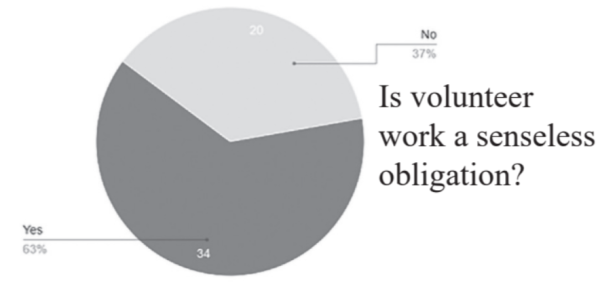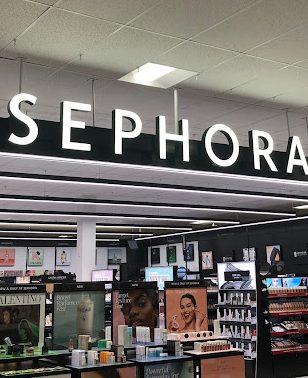Hidden costs deter customers
Long gone are the days where “calling someone” meant standing in your kitchen attached to a phone cord. With the progression of cell phones, this generation heavily depends on them.
Surely, we all have suffered a time where we have lost that shiny piece of plastic that enables us to connect with our BFFs and frenemies alike.
Whether it’s only for an hour or for a month, that time that we are without our phones is excruciating.
Not only can you not text your pal to ask where you are meeting for lunch, you can’t use the clock to check the time. Besides, what’s the point of going to a restaurant if you are without your handy dandy tip-calculator?
Not surprisingly, phone services are aware of this, and use our dependency to their advantage. What is this, you say? Verizon and AT&T actually want to make money?
Yes, it is obvious that they want to extract as much cash as they can from their customers, but it is beginning to get ridiculous. The most prominent scheme at the moment is data packages.
Verizon and AT&T both require a minimum $15 dollar data package for all smart phones. Customers, especially teenagers, are lured by the fancy and increasingly commonplace features, like touch screen and full keyboard. But are parents really willing to spit out $15 per child a month on top of all the other cell phone charges?
This dilemma results in every middle-class student at WS having the Samsung Intensity, one of the few nice phones that does not require a data package.
If you are searching online for a phone, it is very unclear whether or not it is considered “smart” or not. You have to go to each phone individually to find out if it requires the data package, and there is no way to filter out the restriction in the search engine (although Verizon finally dropped this, and now you have a choice of “smart phones” and “feature phones”). This way, the companies try to grab a customer’s attention with a nice phone, hoping they will still buy it when they find out it requires a data package.
If your parents decide to foot the bill for the data package, this does not entitle you to unlimited web access. You actually only have about 150 MB, which some people use up in a day. Between Apps, Facebook and even advertisements, data gets used up pretty quickly.
For anyone prone to “butt dialing,” we strongly suggest changing your shortcuts. Phone services preset shortcuts so they take you to the internet, which can cost a lot if you accidentally connect.
Verizon users: if you know what “My Account” is, please come find us. No matter how many times we click it, it just says “Accessing the Wireless Web.” Curiosity keeps bringing us back, but we have starting to think it really is just the internet.
Also beware of “unlimited.” For some companies, unlimited stops at 100,000, landing some text-happy users with extremely costly bills (over $500).
We would also like to complain that although some of us have Verizon, we do not have an army of Verizon technicians following us around like in the commercials. Not cool, Verizon, not cool.
Even the most tech-savy users can be thwarted by the world of cell services. As long as you are aware of the tricks and do not go overboard with texting and Facebook stalking on your cell, you should be fine.
Happy texting.










